DENVER — Colorado Attorney General Phil Weiser has filed a lawsuit against Mesa County Deputy Alexander Zwinck, accusing him of unlawfully sharing personal information with federal immigration agents to help them arrest a college student with an expired visa.
The lawsuit alleges that on June 5, Zwinck shared the driver’s license, registration, and insurance details of a 19-year-old nursing student in a Signal group chat used by members of a regional drug task force, which includes Homeland Security Investigations officers authorized to enforce immigration laws. According to the complaint, Zwinck relayed the student’s location to federal agents, detained her briefly in his patrol car, asked about her accent and country of origin, and then informed agents of her direction of travel—leading to her arrest.
Zwinck allegedly congratulated the agents afterward, saying, “rgr, nice work.” The next day, an agent praised him in the chat, suggesting he be named “interdictor of the year” for ICE’s removal division.
Weiser’s office also accuses Zwinck of a second violation on June 10, when he reportedly gave ICE officers the photo of another driver’s license, details about that individual’s vehicle, and directions to assist in an immigration arrest. In the chat, Zwinck joked, “We better get some bitchin Christmas baskets from you guys.”
The Mesa County Sheriff’s Office said it will comment once it concludes its internal investigation, expected within a week. Zwinck is currently on paid leave. A working phone number for him could not be found, and the sheriff’s office did not provide the name of an attorney representing him. The department has since removed all employees from the Signal chat group.
Weiser filed the suit under a new state law that extends a ban on sharing identifying information with federal immigration authorities to include local government employees—a recent expansion of previous restrictions that applied only to state agencies.
“One of our goals in enforcing this law is to make clear that this law is not optional,” Weiser said. “This is a requirement and it’s one that we take seriously.”
Although the law allows for fines, the lawsuit only seeks a judicial declaration that Zwinck violated the law and a court order barring him from doing so again.
Weiser also revealed that his office is investigating whether other officers on the task force have engaged in similar actions, possibly violating Colorado’s limits on cooperation with federal immigration enforcement. The federal government has previously sued Colorado over these immigration-related laws.

Katie is a senior who has been on staff for three years. Her favorite type of stories to write is reviews and features. Katie’s favorite ice cream flavor is strawberry.

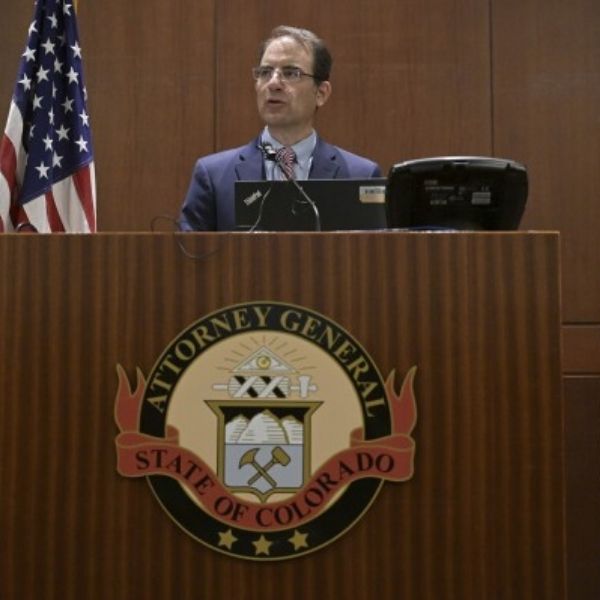
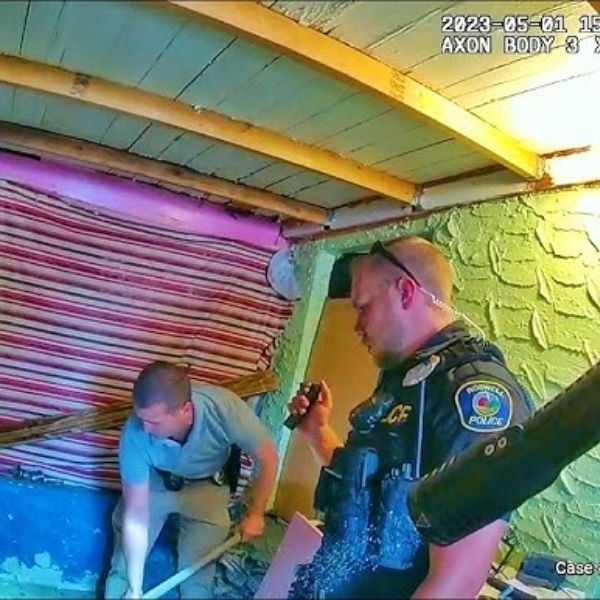

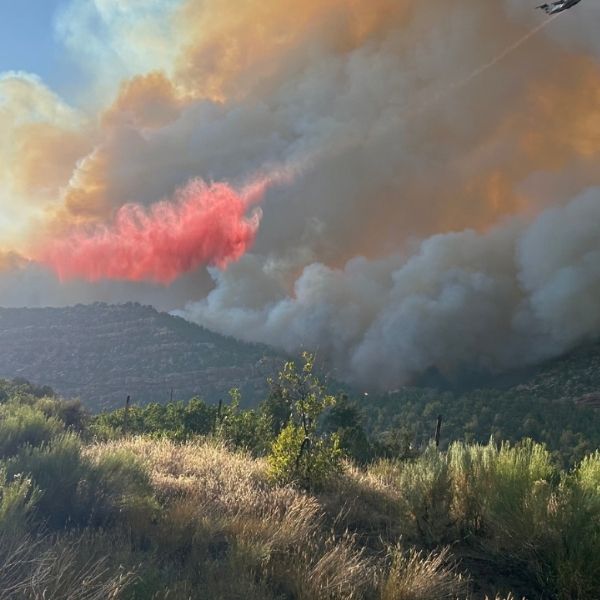
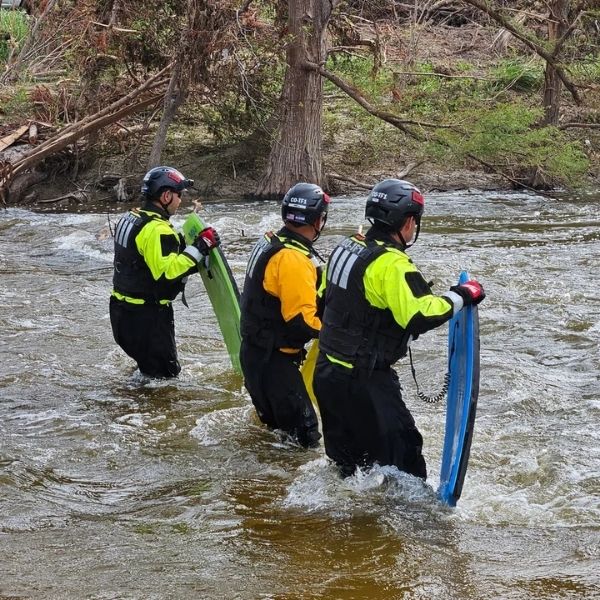
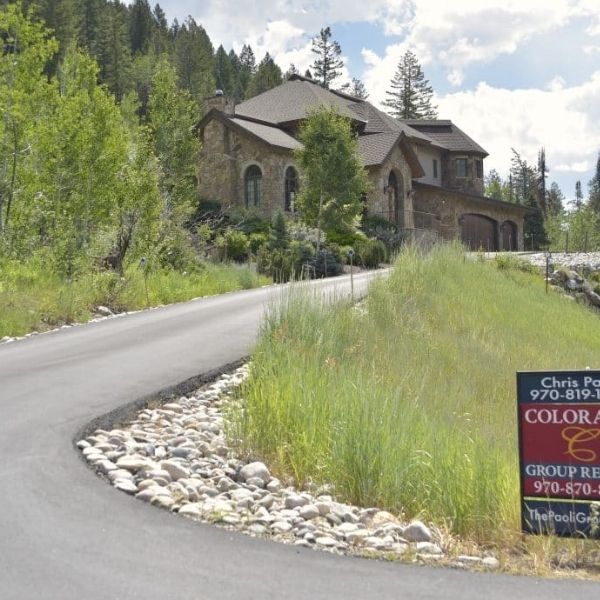

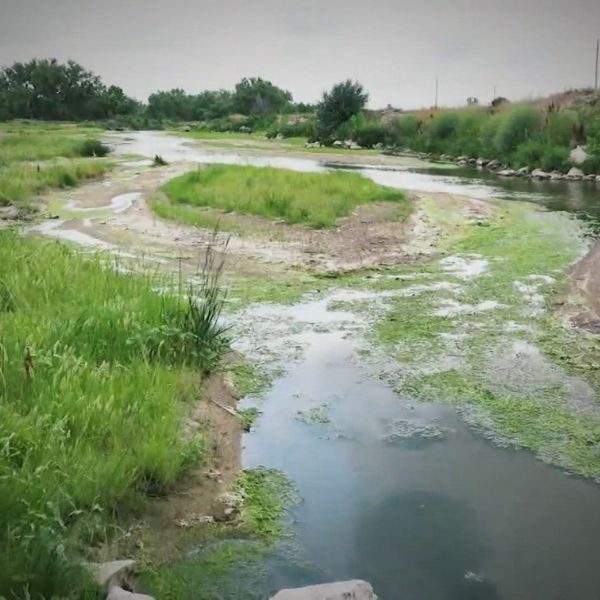
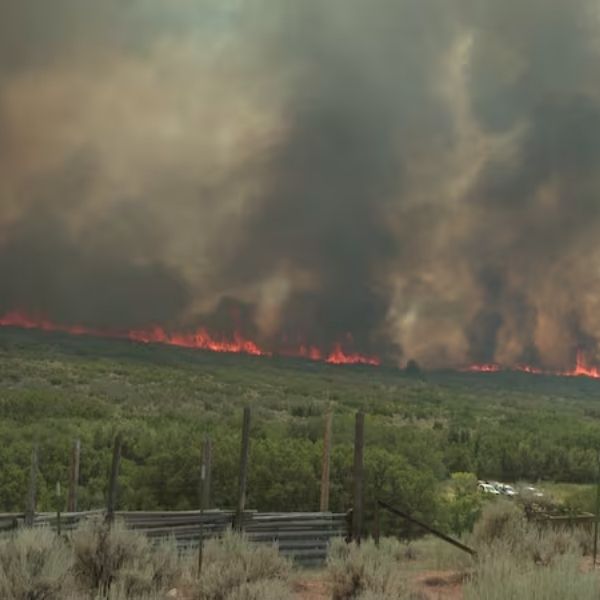





Leave a Reply